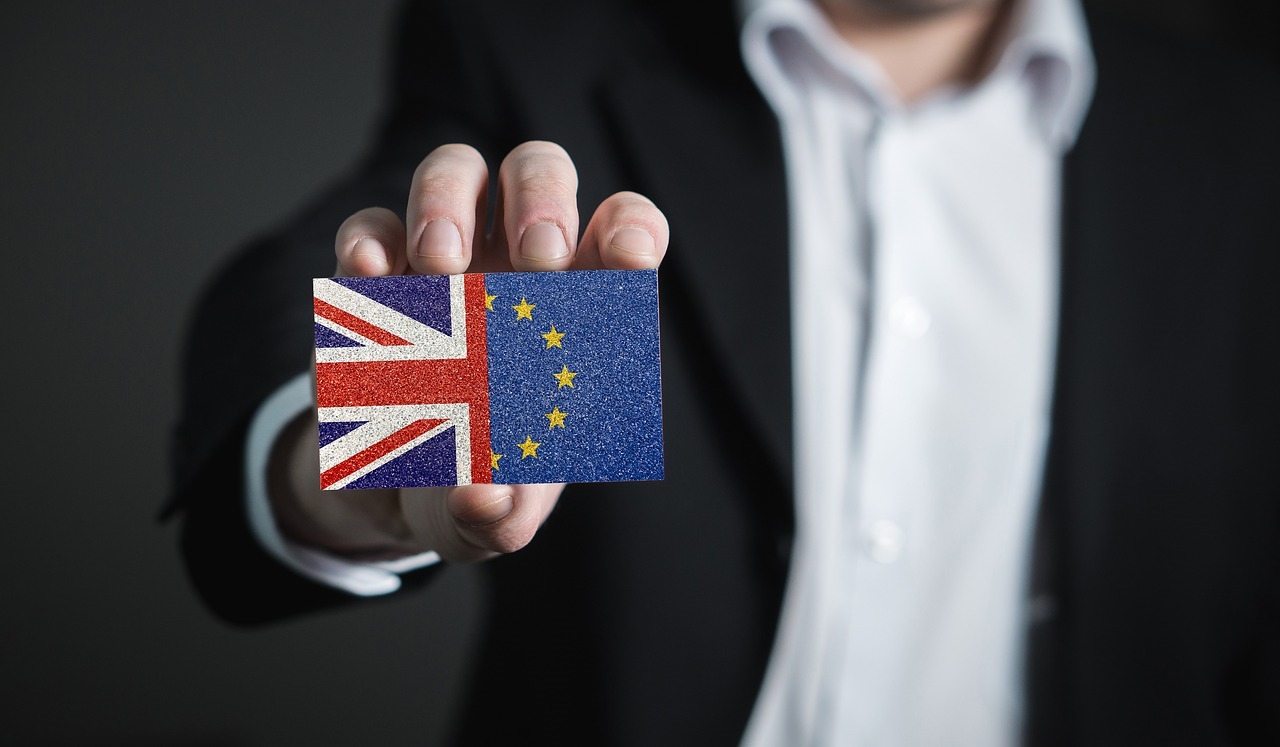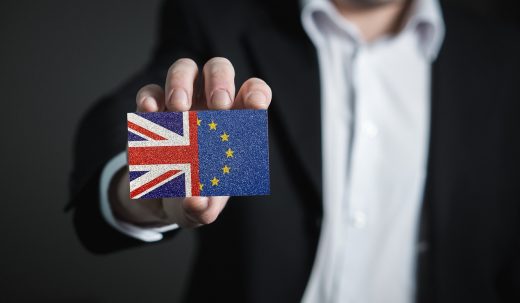How Will Brexit Affect the Marketing Sector?
— December 22, 2018

TheDigitalArtist / Pixabay
In the 30 months since the EU referendum, British and European citizens have been offered few assurances about what will happen when the 29 March deadline arrives.
I voted remain and I haven’t changed my view. I empathise with the many people who voted leave on the basis that they simply want to not be a member of the EU any more.
Whatever their reasons and their ideologies, I can’t see most leavers becoming satisfied by ongoing deal negotiations, protracted Parliamentary votes or talk of a second referendum. Leave means leave without a deal, to most people who voted leave.
Deal or no deal, what’s the difference?
Leaving the EU with no deal means every membership-related multilateral agreement would no longer exist. I don’t know for sure what will happen, but this is likely to affect everything from a hard border in Ireland; customs checks at all border points; all Brits no longer passing through the EU line at passport control; EU citizens who have lived in the UK and had kids, needing to apply for the right to remain; UK citizens in the EU needing to apply for the right to remain there.
Negotiating a deal is preferable because both sides could agree to minimise disruption in many areas. The downside of only leaving with a deal are that, as we have seen, it leads to months of protracted argument where there is no win-win.
What factors can affect the marketing sector?
CNBC reported in October that UK marketing budgets are growing at the slowest rate since 2015. Some on the panel of the IPA’s quarterly Bellwether said spending plans were on hold until the future of the U.K.’s relationship with the EU was clearer.
UK businesses have also been warned to expect a workforce crisis after Brexit. If it becomes harder for EU citizens to live and work in the UK, this could negatively impact agencies. Not to mention the fact that agencies spread across national borders will be met with new administrative liabilities.
VAT rules are likely to change. VAT charging in the EU is fairly simple, currently, but a no-deal Brexit will mean the VAT process will change. The UK Government has published a guide to explain potential scenarios.
There’s a whole collection of rules relating to the import and export of goods between EU member states. Once the UK leaves, anyone importing or exporting goods or services will need to become familiar with new regulations.
Exactly what duties will be applied to what remains to be seen. So far the government passed the Taxation (Cross-border Trade) Act 2018 (TCTA 2018), which received Royal Assent on 13 September 2018.
This introduces a number of powers, including the powers to:
- impose and regulate import duty on goods imported into the UK
- make provisions in relation to import duty, VAT or excise in consequence of or connected with the UK’s withdrawal from the EU
Do you travel frequently on business to EU member countries? You will need to make sure your passport abides by non-EU membership regulations. For example, it will need to be valid for at least six months beyond the end of your visit.
What if you are an EU citizen travelling out of the UK and back in again? Will you need to verify your right to arrive and work in the UK – even if you have lived here for years, and are married with children?
How do we plan for Brexit?
This is the biggest headache for businesses in both the UK and Europe, not to mention for businesses outside the EU. We could leave with no deal, or we could leave with a deal that creates new headaches and doesn’t solve all problems.
The only likely scenario before March is that uncertainty is going to affect budget planning for companies that could fear losses of sales, cost increases, supply chain issues and employment problems.
Some factors to think about
- International contracts – which jurisdiction will enforce them?
- Recruitment of non-UK individuals.
- Import and export of goods – customs processes and time-frames; duties; VAT.
- Business travel: passports and potential right of entry for non-UK citizens.
- Import and export of services: VAT charging, potential duties.
Business & Finance Articles on Business 2 Community
(19)


